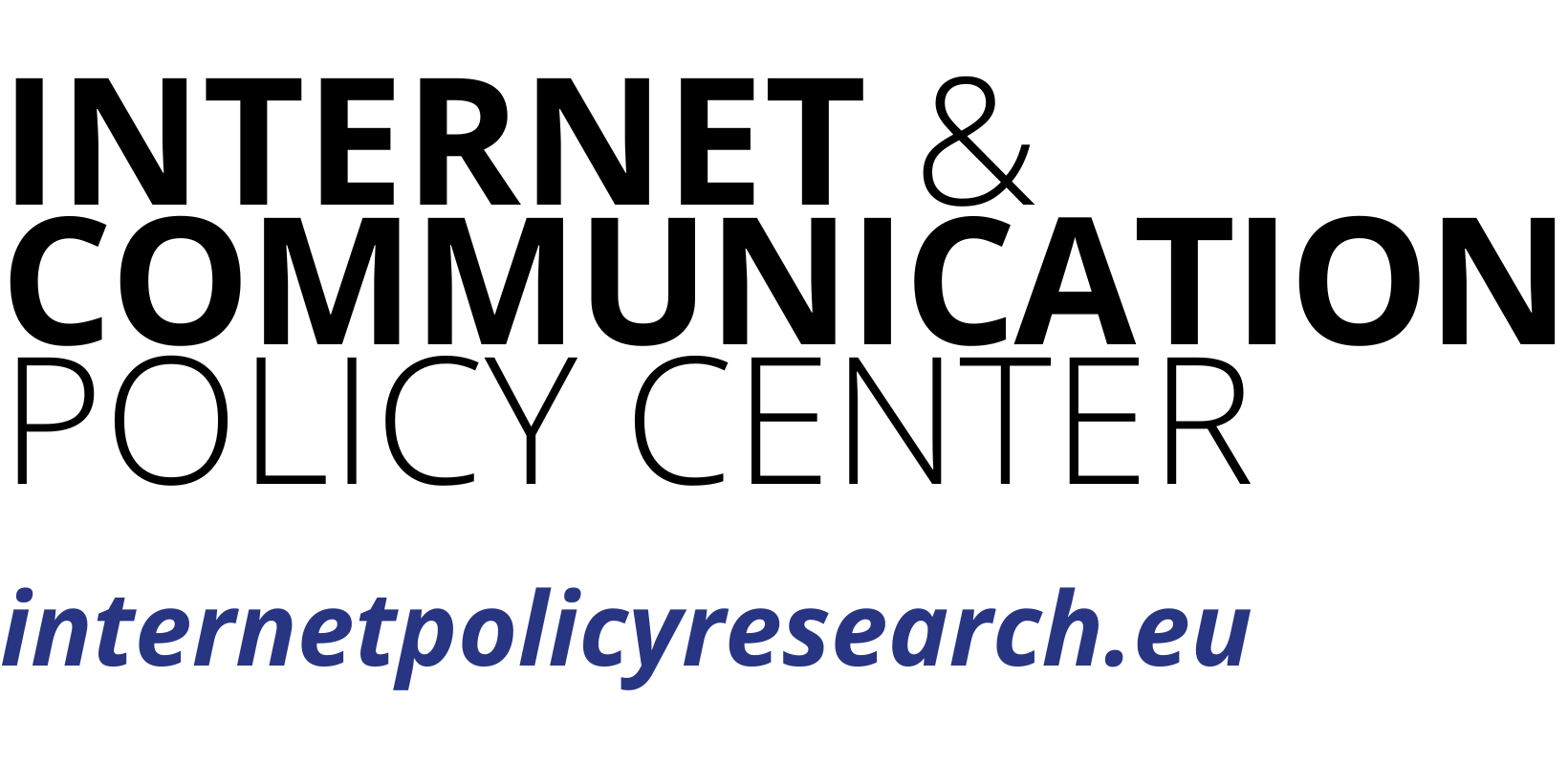
About ICPC
The Internet and Communication Policy Center (ICPC) is a research center that focuses on the policy dimensions of the Internet and communication, addressing some of the most relevant and strategic transformative processes and issues of our time from various perspectives and research lines. Its mission is to collect and exchange theoretical approaches, methodologies, analyses, and data concerning public policies and private practices impacting the Internet and media governance ecosystem. As an interdisciplinary research center, ICPC gathers scholars from a wide range of academic disciplines, including political science, social science, economics, law, linguistics, information sciences, and communication and media studies.
Objectives
The Center aims to investigate Internet and Communication policies at the intersection of law, technology, norms, and markets. It fosters research and education designed to inform and advance policy-making and rule-making in the communication and information field. The Internet and Communication Policy Center, through seminars, workshops, publications, online resources, and shared databases, aims to better understand the ways States and non-State actors interplay in defining, configuring, and shaping Internet and communication systems worldwide.
The ICPC further seeks to promote cooperation between academics, innovators, policymakers, and businesses, in order to establish the scientific foundation for policy, legislation, and regulation to address Internet and Communication. The ICPC aims to make a contribution toward sound political choices on the future of the Internet through research, policy advice, capacity-building, and debate.
It provides researchers, governments, regulators, operators, multilateral institutions, development agencies, community organizations, trade unions, and civil society organizations with the information and analysis required to develop innovative and appropriate policies. It also aims at producing economies of scale in data collection and analyses, in order to address the challenges posed by big data science through the optimization of scientific strategies adopted by members.


